Site Audit
A site audit is a process of testing how search engine friendly a website is in many different ways. Think of it as a full report on how well the site works overall.
An audit finds the strategies and technical parts that need to be worked on first to improve SEO ranking. In other words, it looks for problems that can keep a website from showing up on the search engine results pages (SERPs).
Similar to auditing a business to make sure it follows all the rules and laws set by the government or auditing a social media channel for performance and strategy, auditing your site must dot every "I" and cross every "T" to figure out what problems need to be fixed for the site to rank.
Keyword Research
After analyzing the project requirements and website, we undertake detailed market and keyword research. Market research reveals your industry's market. We study your competitors' SEO practices. We identify your probable competitors and analyze their efforts to better our preparations. Studying the market and improving ways to beat competitors is the idea.
Keyword research identifies search terms that your website may rank for. We optimize your terms for your target audience's search intent. SEO relies on keywords; therefore, finding the best ones is essential. We're careful when choosing keywords. We choose keywords to rank you and attract leads.
Competitive Analysis
A competitive analysis, also known as a competitor analysis, is a method for evaluating how well your business and its products or services are performing in comparison to other companies in your market that sell similar products or services.
A competitor analysis focuses on identifying marketplace contributors positioned to enlarge on your opportunity and isolates each participant's operational strengths, substantial weaknesses, product offerings, marketplace dominance, and ignored possibilities.
Technical SEO
Technical SEO is an essential practice for optimizing a website's technical features in order to increase its search engine rankings and visibility. Several techniques, including website architecture, mobile-friendliness, page rendering speed, crawlability, and indexability, are employed in this method. By optimizing these technical factors, businesses can ensure that their website satisfies the requirements of search engine algorithms, resulting in higher rankings, targeted traffic, and increased revenue.
A robust technical SEO strategy is an essential element of any comprehensive SEO plan and a requirement for businesses that wish to flourish in the highly competitive online market.
OnPage SEO
OnPage SEO is all about optimizing the pages of a website to make them more friendly to search engines for the keywords and viewers that are being targeted and to improve their ranking in search engine results pages (SERPs). In the end, it comes down to making your website as easy to find and use as possible. Businesses and website owners can do this in a number of ways, such as by making high-quality content that is relevant to their audience, using relevant keywords in their content and meta tags, and making sure their website looks good and is easy to use.
One of the most important things to keep in mind about On-Page SEO is that it's all about giving the person a great experience. That means making sure your website is easy to use, loads quickly, and has interesting, relevant information that makes people want to come back. It also means making sure your website works well on mobile devices, since more and more people are using them to access the internet.
Off-Page SEO
Off-page SEO includes various kinds of techniques that enhance a website's search engine rankings outside of the site itself. This includes constructing high-quality backlinks, promoting the website via social media, and reaching out to influencers to help spread the word.
All of these techniques increase the perceived authority and relevance of a website to search engines, which can result in higher rankings and increased organic traffic.
However, remember that off-page SEO is only one piece of the equation. To establish a well-rounded strategy that will help drive traffic, increase conversions, and grow revenue, it's essential to also focus on on-page SEO optimization, technical SEO, and content marketing.
Schema Markup
After analyzing the project requirements and website, we undertake detailed market and keyword research. Market research reveals your industry's market. We study your competitors' SEO practices. We identify your probable competitors and analyze their efforts to better our preparations. Studying the market and improving ways to beat competitors is the idea.
Keyword research identifies search terms that your website may rank for. We optimize your terms for your target audience's search intent. SEO relies on keywords; therefore, finding the best ones is essential. We're careful when choosing keywords. We choose keywords to rank you and attract leads.
SEO Reporting
SEO reports highlight your outcomes for search engine optimization both on and off your website. SEO, or search engine optimization, is the practice of boosting a website's visibility in search engine ranking positions, or SERPS.
The reports provide top keywords, total keywords, ranking improvements, visits, traffic comparisons, and conversion data.
So, once we work on SEO for a site, we want to find a way to demonstrate to managers or clients what we achieved and why it matters. Reporting may not be the most essential thing we undertake. But that is what pays the bills. It validates the client's investment in your services.































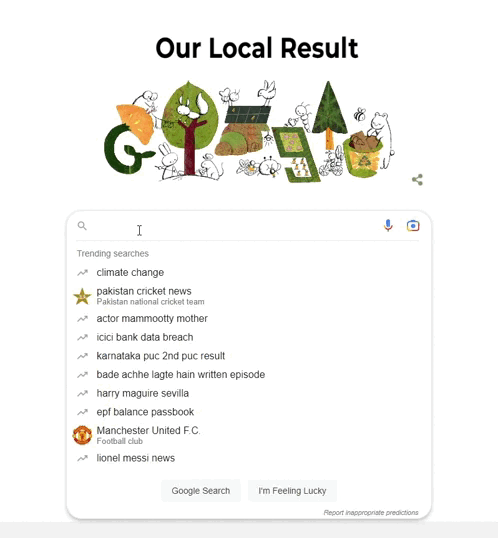

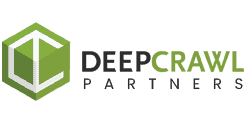

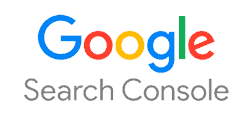
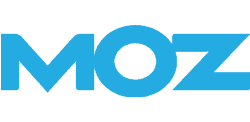
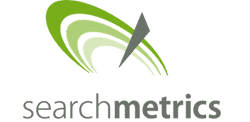

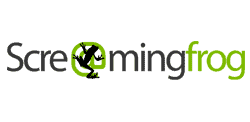


 10000+ Accounts Handled
10000+ Accounts Handled
 140+ Team of Professionals
140+ Team of Professionals
 28+ Serving Countries
28+ Serving Countries
 92% Client Retention
92% Client Retention